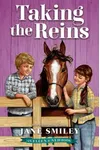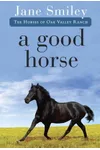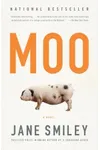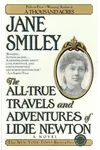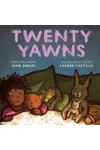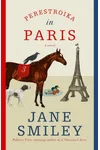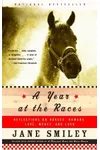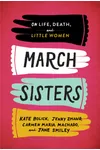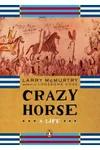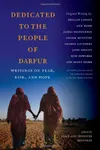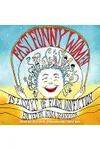Picture an American storyteller who turned the sprawling Midwest into a canvas for family drama—meet Jane Smiley! Born on September 26, 1949, in Los Angeles, this Pulitzer Prize-winning author weaves tales of human connection, heartbreak, and resilience. Her knack for capturing the quiet beauty of rural life has made her a literary gem, with novels like A Thousand Acres earning her a permanent spot in America’s heart.
Smiley’s stories aren’t just books—they’re windows into the messy, beautiful lives of families navigating love, loss, and legacy. Whether you’re a fan of sweeping sagas or intimate character studies, her work offers something timeless. Let’s dive into the world of Jane Smiley and discover why her stories still resonate.
The Making of Jane Smiley
Jane Graves Smiley grew up in St. Louis, Missouri, surrounded by a love for books and storytelling. With a degree from Vassar College and an MFA from the Iowa Writers’ Workshop, she honed her craft among literary giants. Her early years were shaped by a fascination with the American landscape and the people who inhabit it, influences that would define her career. Her debut novel, Barn Blind (1980), marked the arrival of a bold new voice, blending sharp insight with pastoral settings.
Smiley’s time in Iowa, both as a student and later as a professor, deepened her connection to the Midwest. This region became the backdrop for many of her novels, where fields and farms are as much characters as the people. Her curiosity about human nature and family ties set her on a path to literary stardom.
Jane Smiley’s Unforgettable Stories
Smiley’s bibliography is a treasure trove of richly drawn characters and layered narratives. Her breakthrough, A Thousand Acres (1991), reimagines Shakespeare’s King Lear as a gripping Iowa farm drama. This Pulitzer Prize-winning novel explores sibling rivalry, betrayal, and the weight of inheritance, cementing Smiley’s reputation for profound storytelling. Its vivid prose and emotional depth make it a must-read.
Other standout works include Moo (1995), a satirical take on academic life at a Midwestern university, brimming with humor and sharp wit. The Greenlanders (1988) showcases her versatility, diving into a historical epic about a 14th-century Norse community. Smiley’s style—marked by meticulous detail, psychological insight, and a touch of wry humor—brings her diverse settings to life. Whether she’s writing about farmers, professors, or medieval settlers, her stories pulse with authenticity.
Her later works, like the Last Hundred Years trilogy (2014–2015), trace an American family across a century, blending history with intimate personal struggles. Smiley’s ability to balance grand themes with everyday moments keeps readers hooked, making her a master of literary fiction.
Why Jane Smiley Matters
Jane Smiley’s impact goes beyond awards. Her novels shine a light on the American experience, particularly the rural Midwest, often overlooked in literature. By exploring universal themes—family, identity, and resilience—she connects with readers worldwide. Her work has inspired countless writers to embrace the power of place and the complexity of human relationships.
Smiley’s influence extends to her role as an educator and advocate for literature. Her essays and teaching have shaped aspiring authors, while her fearless exploration of diverse genres—from historical fiction to satire—continues to push boundaries. In a world of fast-paced media, Smiley’s thoughtful narratives remind us to slow down and savor the story.
- Born: September 26, 1949, Los Angeles, California
- Key Works: A Thousand Acres, Moo, The Greenlanders
- Awards: Pulitzer Prize for Fiction (1992), National Book Critics Circle Award
Ready to fall in love with Jane Smiley’s world? Grab A Thousand Acres and lose yourself in her lush, heartfelt storytelling!


